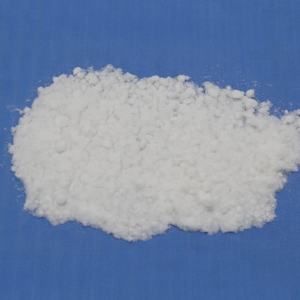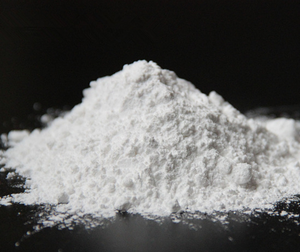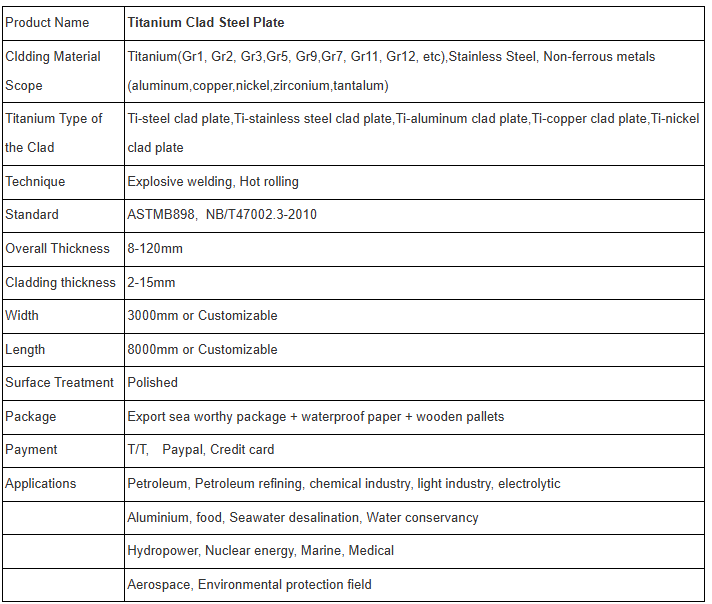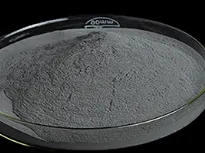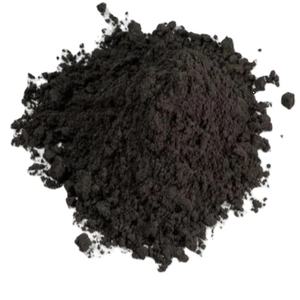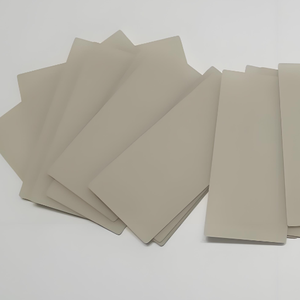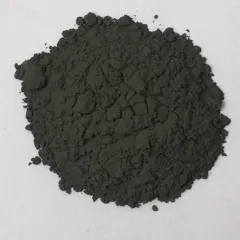1. hemical Nature and Structural Characteristics
1.1 Molecular Structure and Self-Assembly Behavior
(Calcium Stearate Powder)
Calcium stearate powder is a metal soap formed by the neutralization of stearic acid– a C18 saturated fatty acid– with calcium hydroxide or calcium oxide, yielding the chemical formula Ca(C ₁₈ H ₃₅ O TWO)TWO.
This compound belongs to the more comprehensive class of alkali planet steel soaps, which show amphiphilic residential or commercial properties because of their double molecular design: a polar, ionic “head” (the calcium ion) and 2 long, nonpolar hydrocarbon “tails” stemmed from stearic acid chains.
In the solid state, these particles self-assemble right into layered lamellar frameworks with van der Waals interactions between the hydrophobic tails, while the ionic calcium facilities supply architectural cohesion using electrostatic pressures.
This unique setup underpins its performance as both a water-repellent representative and a lubricating substance, making it possible for performance throughout diverse material systems.
The crystalline type of calcium stearate is commonly monoclinic or triclinic, depending upon handling conditions, and displays thermal security up to about 150– 200 ° C prior to decay starts.
Its low solubility in water and most organic solvents makes it especially suitable for applications needing persistent surface area alteration without seeping.
1.2 Synthesis Paths and Commercial Manufacturing Methods
Readily, calcium stearate is generated by means of two key courses: straight saponification and metathesis response.
In the saponification process, stearic acid is reacted with calcium hydroxide in an aqueous medium under regulated temperature level (usually 80– 100 ° C), adhered to by filtering, cleaning, and spray drying out to produce a fine, free-flowing powder.
Additionally, metathesis involves responding sodium stearate with a soluble calcium salt such as calcium chloride, precipitating calcium stearate while producing salt chloride as a result, which is then eliminated through comprehensive rinsing.
The selection of technique influences bit dimension distribution, purity, and recurring moisture web content– vital specifications influencing efficiency in end-use applications.
High-purity grades, specifically those intended for pharmaceuticals or food-contact materials, undergo additional purification actions to meet regulatory standards such as FCC (Food Chemicals Codex) or USP (USA Pharmacopeia).
( Calcium Stearate Powder)
Modern production centers employ continuous reactors and automated drying systems to guarantee batch-to-batch uniformity and scalability.
2. Useful Functions and Systems in Product Solution
2.1 Inner and External Lubrication in Polymer Handling
One of the most important functions of calcium stearate is as a multifunctional lube in thermoplastic and thermoset polymer production.
As an interior lube, it minimizes thaw thickness by interfering with intermolecular friction in between polymer chains, assisting in much easier circulation during extrusion, injection molding, and calendaring processes.
At the same time, as an exterior lube, it moves to the surface of liquified polymers and creates a slim, release-promoting movie at the interface between the material and handling devices.
This dual action minimizes pass away build-up, protects against adhering to mold and mildews, and boosts surface coating, thus improving manufacturing efficiency and item top quality.
Its performance is especially remarkable in polyvinyl chloride (PVC), where it also adds to thermal stability by scavenging hydrogen chloride released during deterioration.
Unlike some synthetic lubes, calcium stearate is thermally stable within normal processing home windows and does not volatilize prematurely, ensuring regular performance throughout the cycle.
2.2 Water Repellency and Anti-Caking Qualities
Due to its hydrophobic nature, calcium stearate is extensively employed as a waterproofing agent in construction materials such as concrete, plaster, and plasters.
When integrated right into these matrices, it straightens at pore surfaces, minimizing capillary absorption and enhancing resistance to dampness access without dramatically altering mechanical strength.
In powdered products– consisting of plant foods, food powders, drugs, and pigments– it serves as an anti-caking representative by covering individual fragments and stopping load triggered by humidity-induced linking.
This boosts flowability, dealing with, and application accuracy, specifically in automated product packaging and mixing systems.
The device relies on the formation of a physical barrier that inhibits hygroscopic uptake and minimizes interparticle attachment pressures.
Due to the fact that it is chemically inert under regular storage conditions, it does not respond with active ingredients, protecting shelf life and functionality.
3. Application Domain Names Throughout Industries
3.1 Duty in Plastics, Rubber, and Elastomer Manufacturing
Beyond lubrication, calcium stearate serves as a mold and mildew release representative and acid scavenger in rubber vulcanization and artificial elastomer manufacturing.
During compounding, it makes certain smooth脱模 (demolding) and protects expensive steel dies from deterioration triggered by acidic results.
In polyolefins such as polyethylene and polypropylene, it boosts dispersion of fillers like calcium carbonate and talc, contributing to consistent composite morphology.
Its compatibility with a large range of additives makes it a recommended element in masterbatch solutions.
In addition, in naturally degradable plastics, where standard lubes may interfere with deterioration paths, calcium stearate provides an extra ecologically suitable alternative.
3.2 Usage in Pharmaceuticals, Cosmetics, and Food Products
In the pharmaceutical market, calcium stearate is typically made use of as a glidant and lubricant in tablet compression, ensuring consistent powder circulation and ejection from punches.
It prevents sticking and covering defects, directly influencing manufacturing return and dosage uniformity.
Although often puzzled with magnesium stearate, calcium stearate is favored in particular formulations due to its higher thermal stability and reduced potential for bioavailability interference.
In cosmetics, it functions as a bulking agent, structure modifier, and solution stabilizer in powders, foundations, and lipsticks, providing a smooth, silky feel.
As a preservative (E470(ii)), it is accepted in many territories as an anticaking agent in dried out milk, flavors, and cooking powders, sticking to rigorous limitations on optimum permitted focus.
Governing compliance requires strenuous control over heavy metal web content, microbial load, and recurring solvents.
4. Safety And Security, Environmental Influence, and Future Outlook
4.1 Toxicological Account and Regulatory Condition
Calcium stearate is generally identified as safe (GRAS) by the U.S. FDA when made use of according to good production methods.
It is inadequately absorbed in the intestinal system and is metabolized right into normally occurring fatty acids and calcium ions, both of which are physiologically workable.
No considerable proof of carcinogenicity, mutagenicity, or reproductive poisoning has actually been reported in basic toxicological studies.
Nevertheless, inhalation of fine powders throughout commercial handling can cause respiratory system inflammation, demanding ideal air flow and individual safety devices.
Environmental influence is marginal because of its biodegradability under cardio problems and low water toxicity.
4.2 Arising Patterns and Sustainable Alternatives
With enhancing emphasis on environment-friendly chemistry, research study is focusing on bio-based production courses and decreased ecological footprint in synthesis.
Initiatives are underway to obtain stearic acid from eco-friendly resources such as palm bit or tallow, boosting lifecycle sustainability.
Furthermore, nanostructured forms of calcium stearate are being explored for improved diffusion performance at reduced does, potentially lowering general material usage.
Functionalization with various other ions or co-processing with natural waxes might increase its energy in specialty coverings and controlled-release systems.
In conclusion, calcium stearate powder exhibits exactly how a straightforward organometallic substance can play an overmuch large duty throughout industrial, consumer, and health care fields.
Its mix of lubricity, hydrophobicity, chemical security, and governing acceptability makes it a cornerstone additive in modern solution science.
As markets remain to demand multifunctional, secure, and sustainable excipients, calcium stearate remains a benchmark material with enduring importance and progressing applications.
5. Vendor
RBOSCHCO is a trusted global chemical material supplier & manufacturer with over 12 years experience in providing super high-quality chemicals and Nanomaterials. The company export to many countries, such as USA, Canada, Europe, UAE, South Africa, Tanzania, Kenya, Egypt, Nigeria, Cameroon, Uganda, Turkey, Mexico, Azerbaijan, Belgium, Cyprus, Czech Republic, Brazil, Chile, Argentina, Dubai, Japan, Korea, Vietnam, Thailand, Malaysia, Indonesia, Australia,Germany, France, Italy, Portugal etc. As a leading nanotechnology development manufacturer, RBOSCHCO dominates the market. Our professional work team provides perfect solutions to help improve the efficiency of various industries, create value, and easily cope with various challenges. If you are looking for calcium stearate suppliers, please feel free to contact us and send an inquiry.
Tags: Calcium Stearate Powder, calcium stearate,ca stearate
All articles and pictures are from the Internet. If there are any copyright issues, please contact us in time to delete.
Inquiry us

